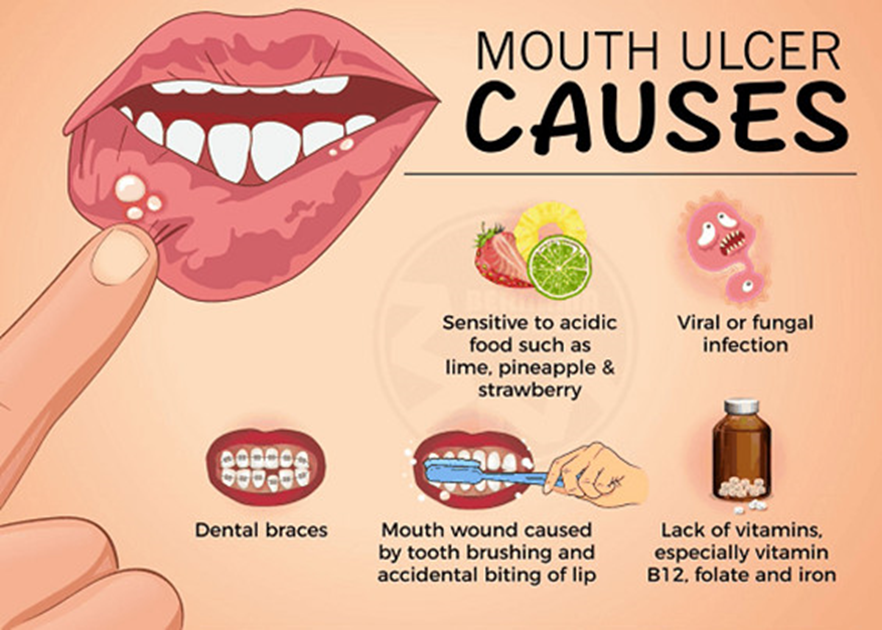A female client with mild depression reports to the nurse that she recently started taking St. John’s wort. Which information provided by the client requires further instruction?
Insomnia may occur while taking the medication.
Another form of contraception is not needed.
Sensitivity to the sun can develop.
Hard candy can be used for a dry mouth.
The Correct Answer is B
Choice A reason:
Insomnia is a known side effect of St. John’s wort. While it can be bothersome, it does not typically require further instruction beyond standard advice on managing insomnia. Patients should be advised to take the medication earlier in the day to minimize sleep disturbances.
Choice B reason:
St. John’s wort can interact with hormonal contraceptives, reducing their effectiveness and increasing the risk of unintended pregnancy. This interaction occurs because St. John’s wort induces the enzymes that metabolize contraceptive hormones, leading to lower levels of these hormones in the body. Therefore, it is crucial to instruct the client to use an additional form of contraception to prevent pregnancy.
Choice C reason:
Sensitivity to the sun, or photosensitivity, is a documented side effect of St. John’s wort. Patients should be advised to use sunscreen and wear protective clothing when exposed to sunlight. While this side effect requires caution, it does not necessitate further instruction beyond these preventive measures.
Choice D reason:
Using hard candy to alleviate dry mouth is a common and effective strategy. St. John’s wort can cause dry mouth, and sucking on sugar-free hard candy can help stimulate saliva production. This advice is appropriate and does not require further instruction.
Nursing Test Bank
Naxlex Comprehensive Predictor Exams
Related Questions
Correct Answer is B
Explanation
Choice A reason:
Documenting the client’s refusal of the medication at this time is not the best response. While it is important to document any refusal of medication, the nurse should first educate the client on the proper administration of sucralfate. Sucralfate works by forming a protective barrier over ulcers, and it is most effective when taken on an empty stomach, at least 1 hour before meals.
Choice B reason:
Explaining the need to take the medication at least 1 hour before meals is the correct response. Sucralfate should be taken on an empty stomach to ensure it can effectively coat the stomach lining and protect it from acid. Taking it before meals maximizes its efficacy in treating and preventing ulcers.

Choice C reason:
Allowing the client to take the medication up to 1 hour after breakfast is not appropriate. Sucralfate needs to be taken on an empty stomach to form a protective barrier over the ulcer. Taking it after a meal would reduce its effectiveness, as the presence of food can interfere with its action.
Choice D reason:
Instructing the client to take it when the meal tray is delivered is incorrect. Sucralfate should be taken on an empty stomach, at least 1 hour before meals, to ensure it can properly coat the stomach lining and provide the necessary protection against stomach acid
Correct Answer is C
Explanation
Choice A reason: Administering potassium is not the primary action for treating digoxin toxicity. While hypokalemia can exacerbate digoxin toxicity, the initial step is to assess and stabilize the patient’s overall condition, including acid-base and electrolyte balance. Potassium administration may be considered if hypokalemia is present, but it is not the first-line treatment.
Choice B reason: Cardioversion is not typically used to treat digoxin toxicity. Digoxin toxicity can cause various arrhythmias, but the treatment focuses on stabilizing the patient and addressing the toxicity itself2. Cardioversion may be considered in life-threatening arrhythmias, but it is not the primary intervention.
Choice C reason: Checking acid-base and electrolyte values is crucial in managing digoxin toxicity. Digoxin toxicity can lead to electrolyte imbalances, particularly hyperkalemia, which can be life-threatening. Assessing and correcting these imbalances is essential for stabilizing the patient and preventing further complications.
Choice D reason: Giving digoxin by another route to slow absorption is not an appropriate action. The primary treatment for digoxin toxicity involves stopping the medication and administering digoxin-specific antibody fragments (Fab) if necessary. These antibodies bind to digoxin, neutralizing its effects and allowing for its excretion.
Whether you are a student looking to ace your exams or a practicing nurse seeking to enhance your expertise , our nursing education contents will empower you with the confidence and competence to make a difference in the lives of patients and become a respected leader in the healthcare field.
Visit Naxlex, invest in your future and unlock endless possibilities with our unparalleled nursing education contents today
Report Wrong Answer on the Current Question
Do you disagree with the answer? If yes, what is your expected answer? Explain.
Kindly be descriptive with the issue you are facing.
